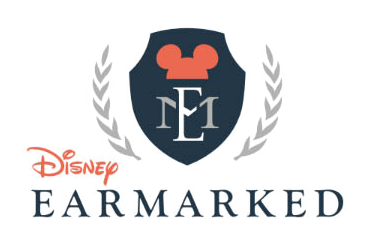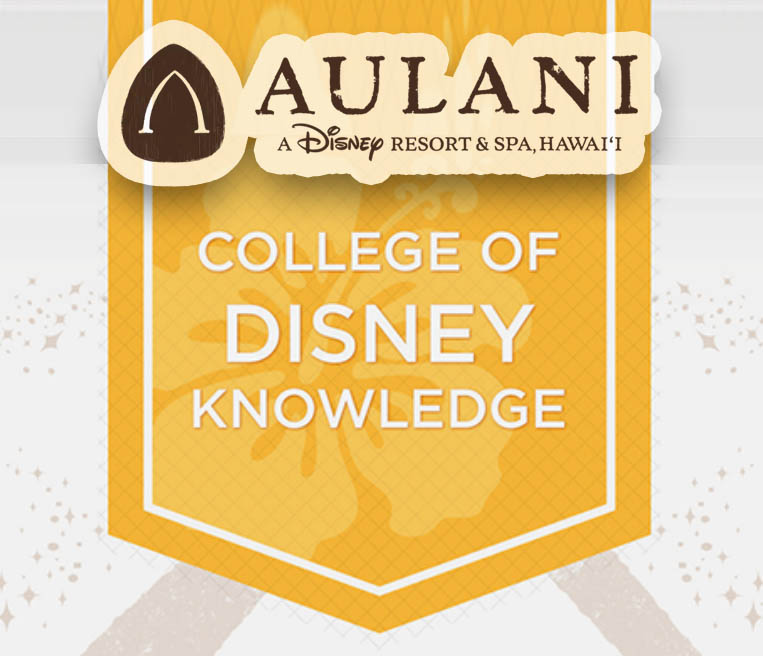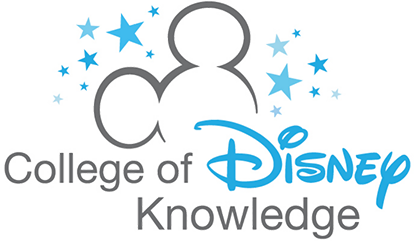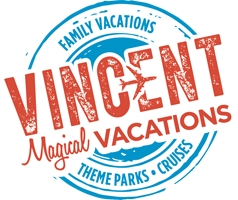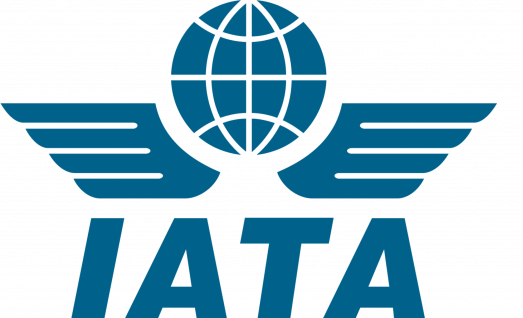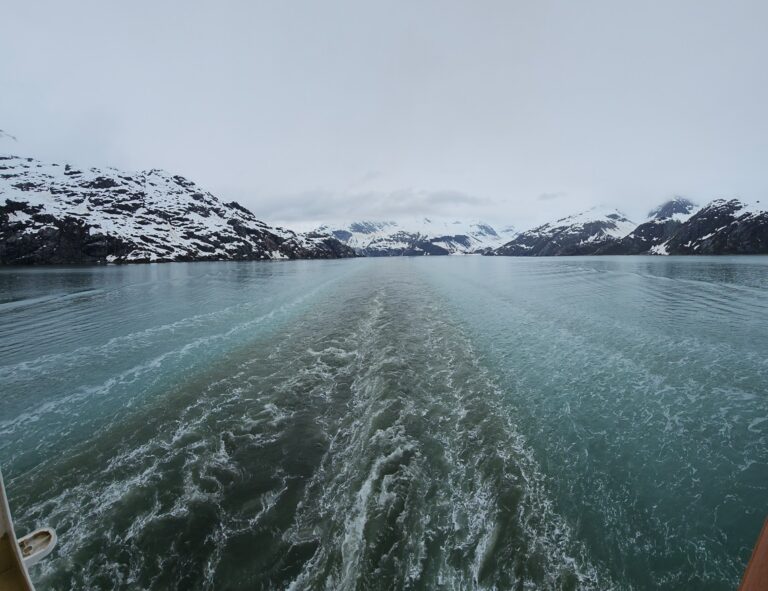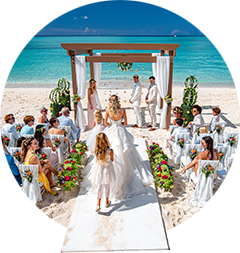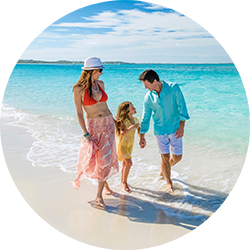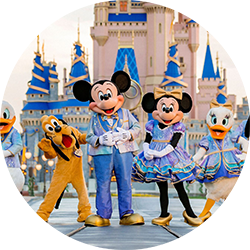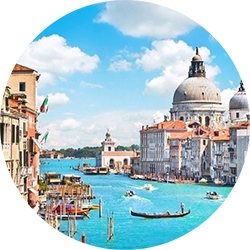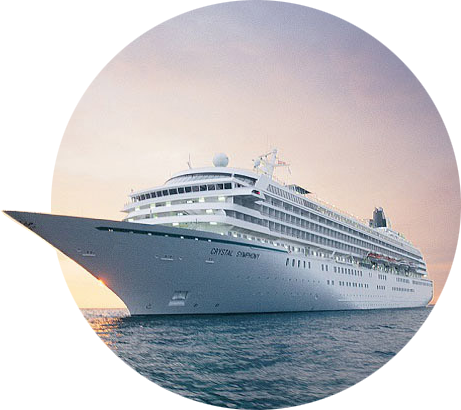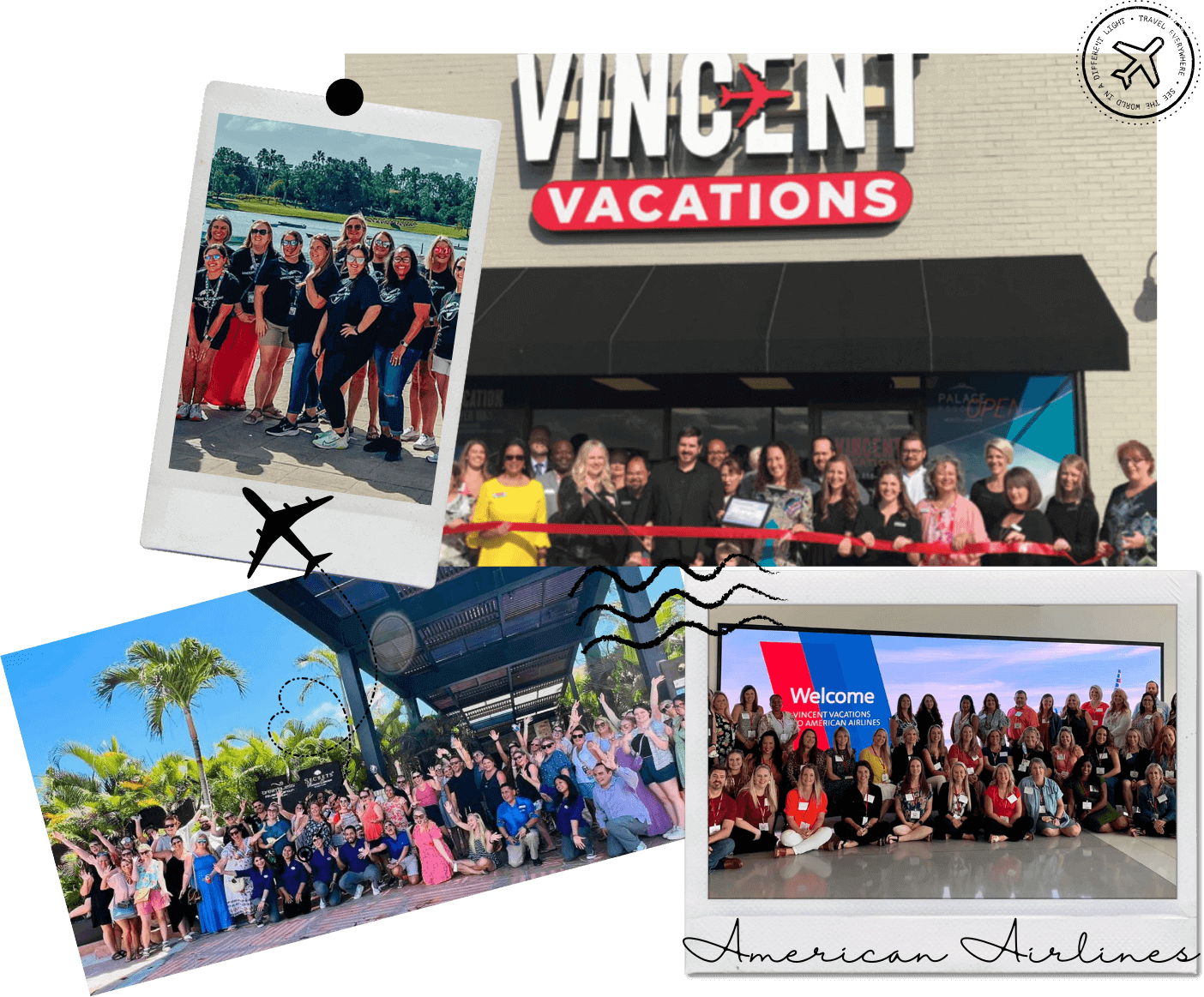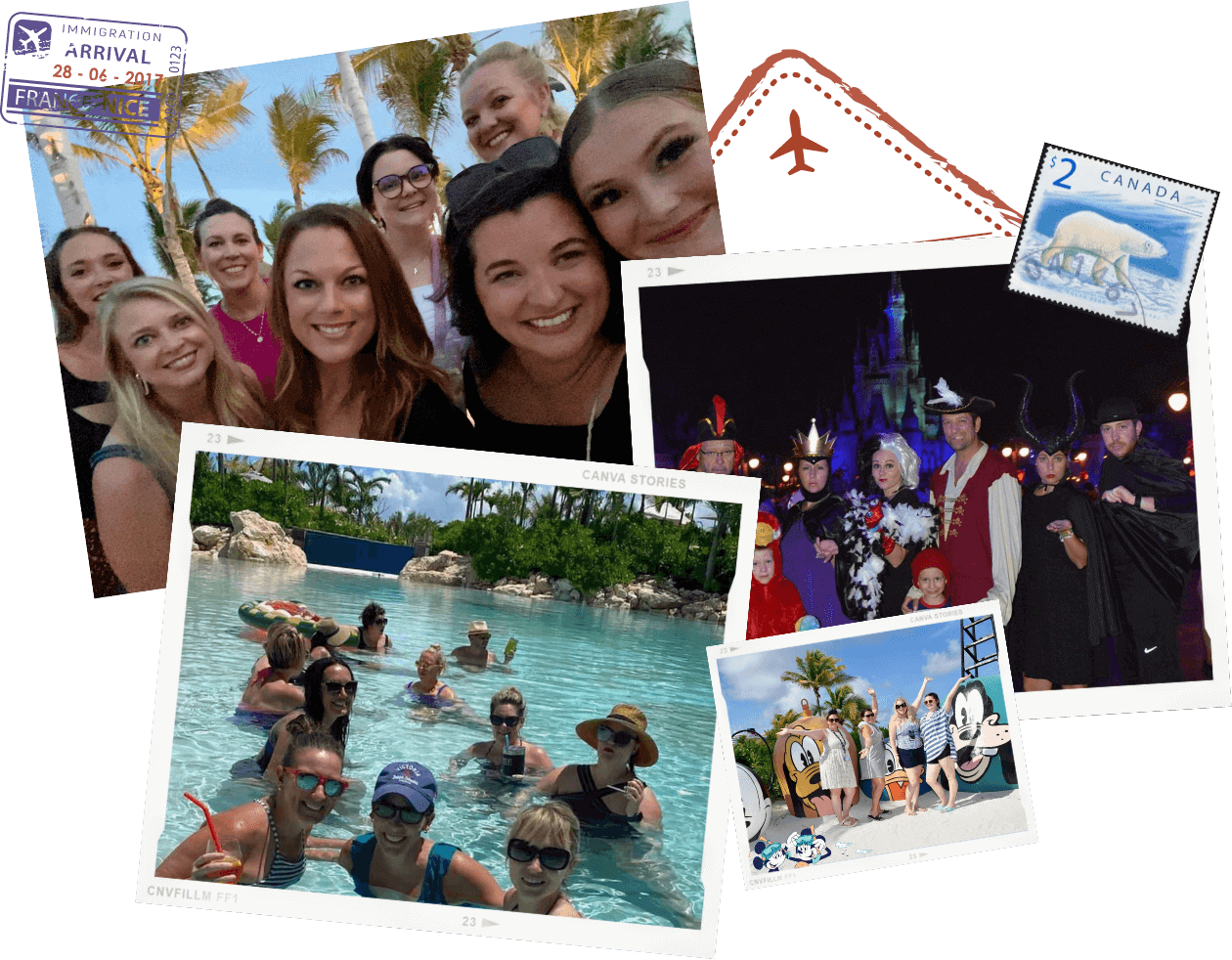We recognize that Disney vacations are not just an investment, but often the highlights of our lives, and we take that responsibility seriously. We want to ensure you have the best vacation experience.
Interested in a job in travel? Click here to learn: How to Become a Disney Travel Agent
Overview
Introduction

Russia is a country of contrasts—a vast territory rich in natural resources (especially oil and gas), where some are incredibly rich and millions of others live below the poverty line. That said, a rising urban middle class is steadily changing the makeup of post-Soviet Russia. When asked what they want for the future, many Russians speak of "having an easier life and being able to buy good things."
Their dreams of prosperity are fueled by foreign movies and television programs, a crop of extravagant Russian films and soap operas, commercials that seem to run nonstop and billboards on many a street corner advertising luxury goods. But, for many, even standard material goods remain out of reach. Although the economy is finally recovering from the devaluation of the ruble in the late 1990s, millions don't have access to the country's wealth, while others buy luxurious property abroad.
Today's Russia is often exhilarating and sometimes ominous. Everyday life goes on amid a jumble of trial-and-error capitalism, billboard politics, czar mania, slick gangster-hangout restaurants and posh nightclubs. Although the situation differs from that of the 1990s, when both careers and fabulous fortunes were made overnight (and lost as well), most Russians still rely on fortune and fate more than on law, state and order.
Some observers have suggested that 15%-20% of Russia's economy is controlled by organized crime. Add to the mix a religious revival: Hundreds of renovated Russian Orthodox churches are offering services in urban centers, and thousands of worshippers make pilgrimages to the country's numerous monasteries and other sacred places. Most religious interest still remains external, though: Most Russians go to church two to three times per year, or to celebrate a wedding or the birth of a child.
Late 2011 brought along a wave of civil protests against the parliamentary voting violations and the corrupted political system. So far, travelers haven't been affected directly by the country's turmoil or corruption, but conditions are changing so quickly that you should keep a close eye on the news.
Also be aware that, despite all the doors that have opened and the greater flow of information, there are still plenty of murky areas in Russia—sudden changes of rules, unexpected shortages and mysterious surcharges. Nevertheless, you'll find that the overall quality of hotels, restaurants and services—although wildly variable—is improving, many on par with western European institutions.
In any case, travelers should be flexible, tolerant and patient—and aware of risks. Russia can be both an enthralling adventure and a tiring ordeal. For those willing to endure the risks and inconveniences, Russia is simply a fascinating place—from the imperial beauty of Moscow and St. Petersburg to the bleakly romantic Siberian countryside.
Geography
Russia spans nine time zones. Its land ranges from the highest mountains in Europe to some of the lowest spots in the world, and from Arctic tundra to seemingly endless plains.
Russian territory contains plenty of water—the great Siberian rivers (Ob, Irtysh); the longest river in Europe, the Volga; and a number of lakes (including the largest freshwater lake in the world, Baikal).
Russia also has access to three oceans—Arctic, Atlantic and Pacific. Thousands of square miles/kilometers of untouched tundra and taiga are full of rare plants and animals. Almost two-fifths of the country's territory, however, is covered by permafrost, which makes both habitation and agriculture rather difficult.
History
The first recognizably Russian state, which began in Kyiv (now Ukraine) in the 10th century, prospered until Tartar invaders subjugated most of the Slavic lands in the 13th-15th centuries. The legacy left by the Tartars was unfortunate, at best: an enduring mistrust of foreigners and a tradition of harsh government. After the Tartar overlords were overthrown, the center of Russian expansionism moved to Moscow.
The Russian empire, founded in the mid-1500s by Ivan IV (widely known as "Ivan the Terrible" in the West) and modernized by Peter the Great in the early 1700s and by Catherine II in the late 1700s, lasted until the 1917 communist coup led by Lenin (born Vladimir Ilyich Ulyanov) and Leon Trotsky. The communists then began more than 70 years of total domination of all aspects of society in the Soviet Union's 15 republics. Lenin's death in 1924 opened the door for Joseph Stalin's rise to power. That regime was notorious for mass executions and exiles, resulting in millions of deaths.
In 1941, Hitler invaded Russia, and the country suffered massive casualties during World War II, especially during the sieges of Stalingrad (now Volgograd) in 1942-43 and Leningrad (now St. Petersburg) in 1941-44. The Cold War that followed led to the country's rapid industrialization, but corruption and dysfunction were commonplace, and the economy stagnated.
In 1987, Mikhail Gorbachev began a series of reforms collectively known as Glasnost (openness) and Perestroika (restructuring). The political democratization and economic reconstruction of the Soviet Union eventually led to the system's undoing. An attempted coup by hard-liners in August 1991 hastened the end. Fifteen independent countries arose from the ashes of the U.S.S.R. The trend toward further decentralization is represented in the extreme by the bitter battle for independence in the state of Chechnya.
Russia, under the leadership of Boris Yeltsin, moved in stops and starts toward democracy and a market economy. But Yeltsin's health problems and unpredictable behavior (he fired his government several times), combined with unbridled corruption and a discontented population, created an atmosphere of extreme uncertainty. Yeltsin resigned in 1999 after eight years in power.
Prime Minister Vladimir Putin took over, was formally elected president in May 2000 and reelected in 2004 for a second term lasting until May 2008. His administration was noted for trying to modernize the country's military, legal institutions and schools, but also for cracking down on the media and on provincial governors.
The Russian constitution originally barred Putin from running for a third consecutive presidential term. After Dmitry Medvedev won the 2008 presidential elections, Putin was nominated as Russia's prime minister. In 2012, Putin won the popular vote and was elected to a third presidential term, even though the Russian constitution limits presidents to two four-year terms.
In 2014, Russian forces overtook Crimea, which then voted in a referendum to join Russia. The U.S. and the European Union announced sanctions against Russia, and political tensions remain high.
Snapshot
Russia's main attractions include art, magnificent (and restored) cathedrals and monasteries, treasures and palaces of the czars, the performing arts, health spas, river cruises, historic sites, spectacular scenery, Siberia and Moscow's Kremlin.
Russia will appeal to travelers who have a sense of adventure and an open mind. Don't expect a relaxing vacation, and, unless you're in Moscow or St. Petersburg, don't expect deluxe accommodations—a trip through Russia requires determination, flexibility and plenty of patience.
Potpourri
The Hermitage in St. Petersburg has more than 360 rooms—to see them all, you would have to walk approximately 16 mi/25 km within the museum. Some of its paintings were confiscated from private German collections at the end of World War II and secretly stored within the museum for years. Degas' Place de la Concorde is a famous example.
There's a group of Russians that engages in a practice that goes beyond mere fortitude. It's called walrusing (winter swimming), and it involves swimming in water so cold you have to push aside the ice chunks to dive in.
A popular vacation spot for wealthy Russians is Zelyonaya Roscha (Green Grove), the Black Sea holiday home of Josef Stalin. Each night, one lucky guest can sleep in the former Soviet dictator's dacha (summer house).
The population in every region of the country has begun to decline, and the life expectancy of Russians is the lowest of any developed country in the world. Interestingly, the life expectancy difference between men and women is one of the largest in the world: around 62 years for men and 74 years for women. Various causes are suspected for the decline: poor standards of living, pollution, alcohol abuse, car accidents, the health-care crisis and increasing infertility.
Decades of neglect and indifference have left Russia with a staggering amount of environmental damage. Lake Karachai, located in the Urals, holds the title for the spot most contaminated by radiation on the Earth's surface.
Russia's population density is 22 people per sq mi/8.4 people per sq km, making it one of the most sparsely populated countries in the world.
You'll see many more old women than old men in Russia. The turbulent events of the 20th century—World War II in particular—killed millions of Soviet citizens, many of them men.
It is said that Russia produces more books than the rest of the world combined, and that the average Russian reads three times as many books per year as the average U.S. citizen.
Museums and other attractions often have two fee scales: one for Russians and another, more expensive, for foreigners. Also be aware that ticket offices at museums usually close one hour before the museum—so be there at least an hour before closing time, or you won't be admitted.
Vodka may be the national drink of Russia, but tea (chai) is close as the second beverage of choice. From homes to offices, a tea break includes a small amount of tea extract (zavarka) poured from a small pot into the cup, topped off with boiling water from a kettle (or on a traditional, formal occasion, from a samovar). Russians traditionally drink hot tea with sugar or honey. Some people add a slice of lemon or a spoonful of jam (vareniye).






